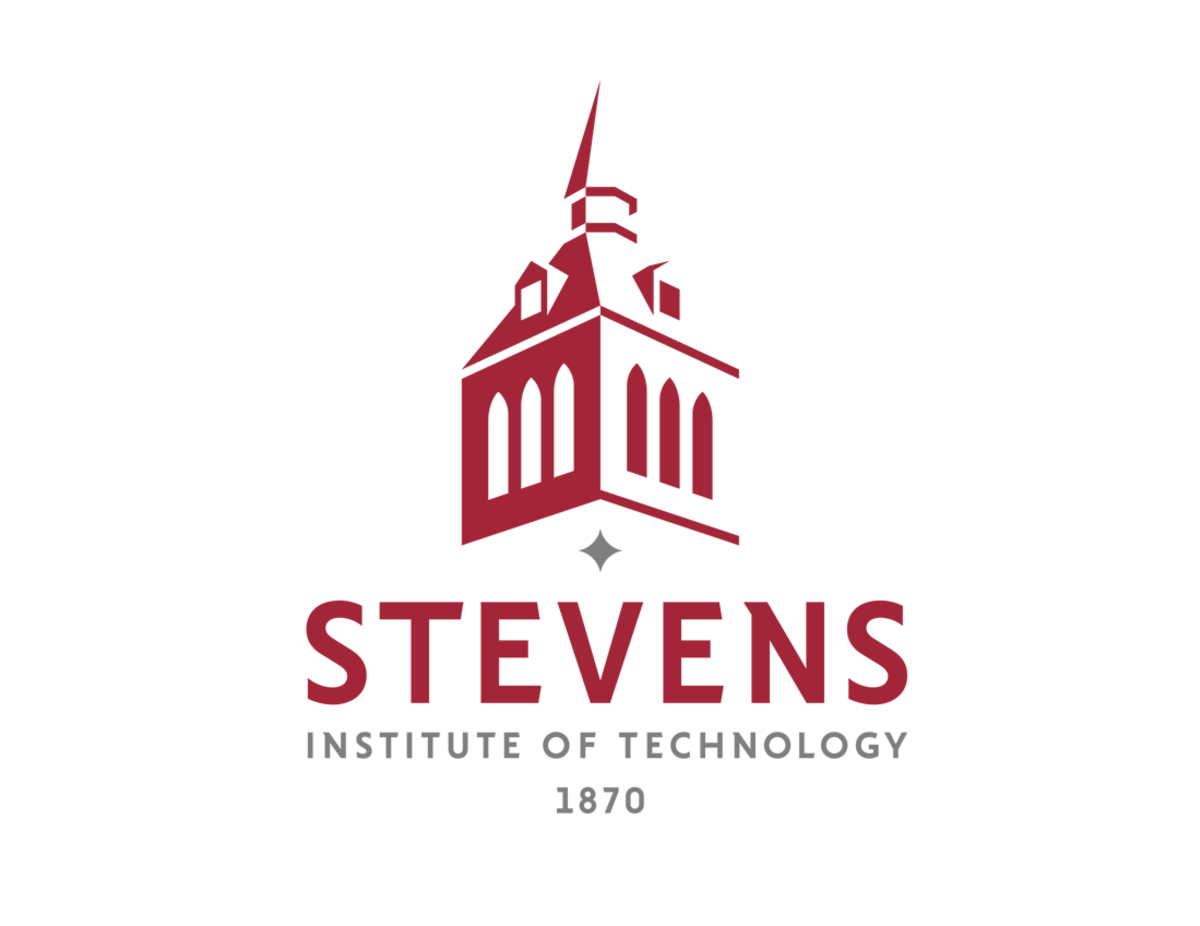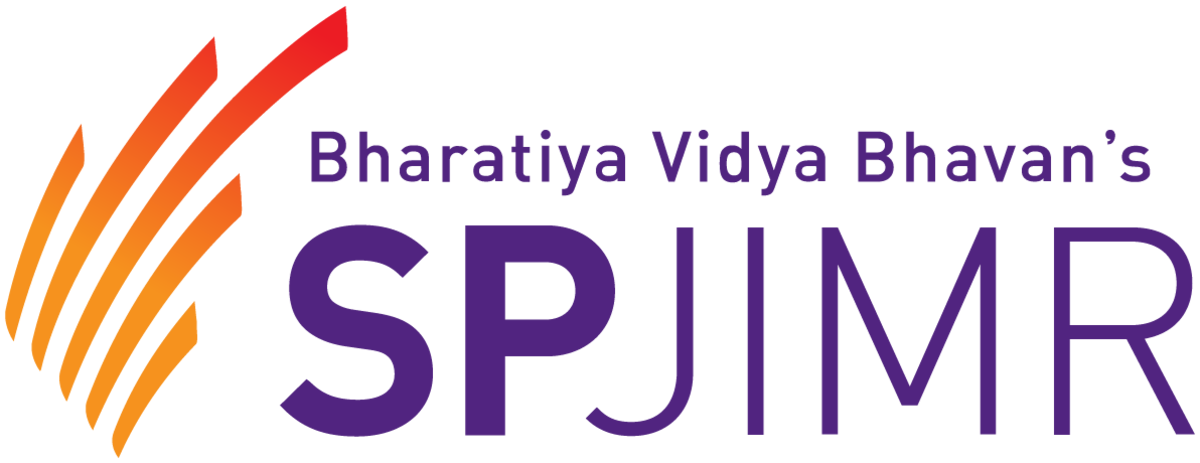
Analytics MBA And Master's in Graduate Management Dual Degree Program
Program Details
Degree
Master of Science or Dual-Degree MBASchool
School of BusinessDepartment
School of Business Graduate ProgramAvailable
On campusStevens School of Business and SP Jain Institute of Management and Research (SPJIMR) offer a highly-coordinated dual degree program in Masters of Business Administration - Analytics (Analytics MBA) and Graduate Management Program (GMP) providing a broad spectrum of skills ranging from technology-driven management to a comprehensive understanding of management principles with a global perspective. At the end of the program, you will get a Graduate Management Program certificate from SPJIMR and a Master of Business Administration degree from the Stevens School of Business.
In the first year, you will enroll full-time at SPJIMR, taking courses within the Graduate Management program (30 credits). Then, you will enroll full-time at the Stevens School of Business, taking courses within the Analytics MBA program (27 credits). You will receive a diploma from Stevens and a certificate from SPJMIR after completion (approximately 24 months).
Program Benefits:
Global Vision: Get global management perspectives with exposure to international business practices.
Specialized Expertise: Gain specialized knowledge in areas like technology management and analytics with a broad spectrum of management disciplines.
Leadership Development: Build a robust foundation for developing strong leadership qualities and an entrepreneurial mindset.
Careers:
Marketing Manager/Director
Supply Chain Manager
Operations Director
Business Analyst
Financial Analyst/Manager
Business Development Analyst/Manager
Stevens Institute of Technology
Stevens Institute of Technology is a premier, private research university in Hoboken, New Jersey, overlooking the Manhattan skyline. Since its founding in 1870, technological innovation and entrepreneurship have been the hallmarks of Stevens’ education and research. Within the university’s three schools, Stevens prepares its more than 8,000 undergraduate and graduate students for an increasingly complex and technology-centric world. Our exceptional students collaborate closely with world-class faculty in an interdisciplinary, student-centric, entrepreneurial environment, readying them to fuel the innovation economy. Academic and research programs spanning finance, computing, engineering and the arts expand the frontiers of science and leverage technology to confront the most challenging problems of our time. Stevens is consistently ranked among the nation’s leaders in ROI and career services and is in the top 1% nationally of colleges with the highest-paid graduates.
About The Stevens MBA Program
Program Highlights
A STEM-Designated MBA: Applicable concentrations of the MBA program hold the STEM designations, setting it apart from ordinary MBA offerings by infusing technology at the forefront of the curriculum. This designation also allows students from outside of the U.S. to be eligible for a 24-month extension of their Optional Practical Training (OPT).
Traditional Business Through the Technology Lens: At Stevens, conventional business disciplines are taught from a technological perspective, ensuring graduates are well-versed in leveraging leading-edge tools and methodologies to drive innovation across all aspects of a business.
AI and Machine Learning are Here to Stay: Students gain an essential understanding and practical application of AI and machine learning, equipping them to take the lead in navigating the fourth industrial revolution and propel industries forward.
Real-World Consulting Experience: The hallmark of the full-time MBA, the Industry Capstone Program, immerses students in consulting engagements with real-world companies. Students and their peers, under faculty mentors, take what they’ve learned in their courses to develop solutions to real business problems and present their recommendations to senior executives. This experience provides students with something they can speak about to hiring managers and recruiters. Open to students across graduate programs, the Industry Capstone Project encourages interdisciplinary collaboration, nurturing diverse perspectives and skill development.
Invaluable Networking Opportunities: Capstone projects involve partnering with companies, providing students with networking opportunities and allowing them to foster connections that can lead to career advancement.
GMAT/GRE test scores are optional for all master’s programs. Applicants who think that their test scores reflect their potential for success in graduate school may submit scores for consideration.
An MBA for Today's Digital Era
In today's data-driven world, the traditional business skills taught in traditional MBA programs are no longer enough. Few MBA programs fully address how the data revolution has transformed how managers recognize opportunities and identify trends. The Stevens MBA stands out by integrating technology, data analytics and advanced business practices into its core curriculum.
Taught by expert faculty, this innovative MBA program combines foundational business disciplines such as marketing, strategy and finance with cutting-edge skills in technology and business analytics. You will engage in applied exercises and real-world projects that train you to make fast, data-informed decisions. With a curriculum emphasizing collaboration through group projects, presentations and hands-on experience, you will foster both creativity and critical thinking skills.
This unique approach ensures you are prepared to lead in a rapidly evolving business landscape.
Core Courses
MGT 663 Discovering & Exploiting Entrepreneurial Opportunities - 3 Credits
In this course, students will evaluate and create their own prospective business strategies. They will develop an understanding of entrepreneurship and innovation in starting and growing a business venture. Students will be given an opportunity to actually start their own business or create a business in their company by learning how to take advantage of the new order of business opportunities of the information age. This course’s main objective is to show students how to identify these opportunities, be able to formulate and evaluate both qualitatively and quantitatively whether the opportunity is worth pursuing, and, of course, how it may be pursued. Actual case studies and experiences will be intertwined with the course content.
MGT 612 Leader Development - 3 Credits
Project success depends, largely, on the human side. Success in motivating project workers, organizing and leading project teams, communication and sharing information, and conflict resolution, are just a few areas that are critical for project success. However, being primarily technical people, many project managers tend to neglect these "soft" issues, assuming they are less important or that they should be addressed by direct functional managers. The purpose of this course is to increase awareness of project managers to the critical issues of managing people and to present some of the theories and practices of leading project workers and teams.
MGT 695 Leading Creative Collaboration (3)
Innovative organizations are led by people who relentlessly nurture creative collaborations. These leaders stimulate imagination, teach others how to turn imagination into creativity, and build group structures and processes to enable people to turn creative ideas into innovations that drive business results. This course builds individual awareness of creativity and collaboration skills while increasing the student’s capacity for both. It teaches the science behind techniques, tools, interpersonal skills, leadership skills, organizational strategies, and environmental designs that increase group effectiveness. The overall goal is to strengthen the student’s ability to lead others to address meaningful problems and possibilities wherever they may be found.
MGT 696 Human-Centered Design Thinking (3)
This course deals with the theory and methods associated with design thinking, a problem-solving protocol that spurs innovation and solves complex problems. Design thinking involves a unique form of inquiry which goes well beyond product and service design. Students will develop an appreciation for design and develop skills for studying design systems. These concepts and methods have wide applicability as they can be used to design organizations of people, information structures, compensation systems as well as the entire consumer experience. Applying these approaches can often create entirely new systems that are more useful and usable. The logic of this approach can sometimes solve "wicked problems" which have defied previous solutions.
MIS 714 Service Innovation (3)
This course leads students through the identification, analysis, definition, and deployment of service opportunities within public and private organizations. Each of these phases is analyzed in detail to encompass the principal activities, methods, tools and techniques applied in the respective phase. Students will learn how to identify appropriate supporting techniques and information technologies for the different phases of the service life cycle, assess the role of technology, and gauge the organizational impact of service-focused operations. The objective of the course is to enable students to identify, implement and evaluate innovative service offerings in their organization.
BIA 652 Multivariate Data Analysis - 3 Credits
This course introduces basic methods underlying multivariate analysis through computer applications using R, which is used by many data scientists and is an attractive environment for learning multivariate analysis. Students will master multivariate analysis techniques, including principal components analysis, factor analysis, structural equation modeling, multidimensional scaling, correspondence analysis, cluster analysis, multivariate analysis of variance, discriminant function analysis, logistic regression, as well as other methods used for dimension reduction, pattern recognition, classification, and forecasting. Students will build expertise in applying these techniques to real data through class exercises and a project, and learn how to visualize data and present results. This proficiency will enable students to become sophisticated data analysts, and to help make more informed design, marketing, and business decisions.
BIA 656 Advanced Data Analytics and Machine Learning - 3 Credits
The significant amount of corporate information available requires a systematic and analytical approach to select the most important information and anticipate major events. Statistical learning algorithms facilitate this process understanding, modeling and forecasting the behavior of major corporate variables. This course introduces time series and statistical and graphical models used for inference and prediction. The emphasis of the course is in the learning capability of the algorithms and their application to finance, direct marketing, operations, and biomedicine. Students should have a basic knowledge of probability theory, and linear algebra.
BIA 610 Applied Analytics - 3 Credits
Applied Analytics is a capstone course for the analytic-focused MBA program. It is intended to integrate all previously taken coursed in the program by presenting a set of increasingly complex business problems. These problems can be solved through analytic skill taught in this and previous courses. In particular, the course is intended to reinforce the understanding of analysis as way to build models that can focus attention on parts of the system that can be improved through intervention. The early part of the course uses synthetic data and empirical data readily available for analysis. The second part of the course encourages students to state and solve their own problem, gathering their own data as a part of the analytic process.
Capstone Course (Choose 1)
MGT 798 Integration and Application of Technology Management (3)
This is the capstone course for the program. It is designed to integrate the knowledge developed in the other courses via a business simulation in which teams of students compete in running their companies in a complex simulated environment. The course includes lectures and workshops that demonstrate theory and techniques of cross-functional decision making in the management of technology. Individuals and teams will be observed and assessment feedback will be given.
MGT 678 Technology Commercialization Practicum (3)
Technology Commercialization Practicum Capstone Course
MGT 810 Special Topics in Management - 3 Credits
Field Consulting Project Capstone Course
SP Jain Institute of Management and Research
SPJIMR was established in 1981 by India’s premier non-profit institution, Bharatiya Vidya Bhavan (BVB), to adapt the concepts, techniques, and practices of modern management to meet the needs and actual conditions of developing India.
BVB, an educational trust founded in 1938, by Dr. K.M. Munshi with the support of Mahatma Gandhi, is today a worldwide cultural, educational, and ethical movement of national eminence with widespread support and goodwill earned over its eight decades of public service.
Since its founding over forty years ago, SPJIMR has grown to become one of India’s leading management schools, with a global reputation for social impact.
Courses
Foundation Courses
Course Number | Course Name | Credits |
|---|---|---|
GMP 01 | Case Study Method | |
GMP 02 | Learning to Learn | |
GMP 03 | Science of Spirituality | .5 |
GMP 04 | Business Communication | .5 |
GMP 05 | Business Computing through Spreadsheets | .5 |
GMP 06 | Micro Economics | 1 |
GMP 07 | PG Lab | 1 |
GMP 08 | Financial Accounting & Statement Analysis | 2 |
Term 1 Courses
Course Number | Course Name | Credits |
|---|---|---|
GMP 09 | Business Statistics & Research Methods | 1.5 |
GMP 10 | Negotiations & Intercultural Management | 1 |
GMP 11 | Design Thinking | 1 |
GMP 12 | International Macroeconomics | 1 |
GMP 13 | Decision Sciences | .5 |
GMP 14 | Global Production Management | 1 |
GMP 15 | Management Accounting | .5 |
GMP 16 | Marketing Management | 1 |
GMP 17 | Marketing Planning & Strategy (Simulation) | .5 |
GMP 18 | Corporate Finance | 1.5 |
Term 2 Courses
Course Number | Course Name | Credits |
|---|---|---|
GMP 19 | Strategy | 1 |
GMP 20 | Business Analytics | .5 |
GMP 21 | Project Management | 1 |
GMP 22 | Strategic Finance | 1 |
GMP 23 | Digital Marketing | .5 |
GMP 24 | Global Supply Chain Management | 1 |
GMP 25 | Startup Garage | .5 |
GMP 26 | iBizSim (Simulation) | 1.5 |
GMP 27 | Technology in Digital Economy | 1 |
GMP 28E | Responsible Management | 1 |
GMP 29 | International Finance | 1 |
Elective Courses
Electives available to be taken at SPJIMR toward the GMP Degree
Course Number | Course Name | Credits |
|---|---|---|
GMP 30E | Business Models | 1 |
GMP 31E | Mathematical Basics (incl. Fin Math) | .5 |
GMP 32E | R and R Studio (Workshop) | .5 |
GMP 33E | Capital Markets | 2 |
GMP 34E | Basic Econometrics | 2 |
GMP 35E | Applied Econometrics | 2 |
GMP 36E | Consulting Tools Seminar | 1 |
GMP 37E | SAP for Business Process Management | 1 |




